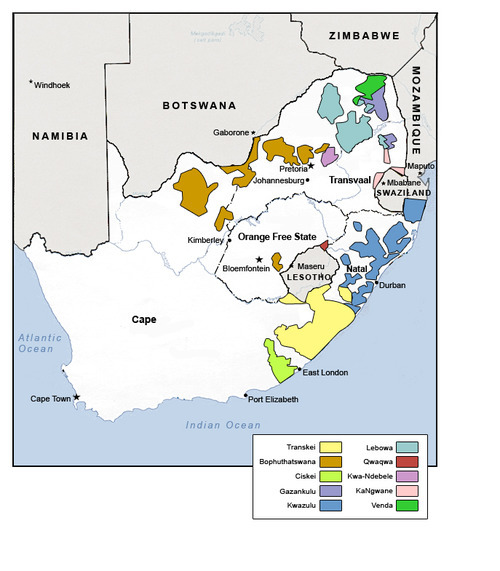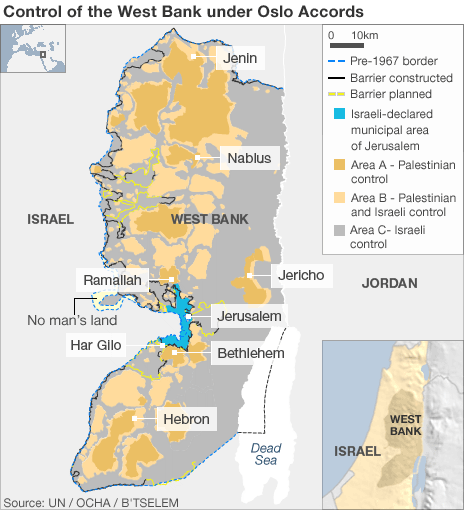2013 Accomplishments: Advocating for Activists Who Advocate for Palestine
/Support our work to advance the rights of Palestinian rights advocates!

Palestine Solidarity Legal Support (PSLS) was launched in early 2013 to provide an unprecedented, organized legal response to increasing threats against activism for Palestinian rights in the United States.
As the movement for freedom and justice in Palestine grows, we have documented an escalation of legal bullying tactics. These aim to silence the dedicated activists who are challenging political orthodoxies about Israel/Palestine in this country, exposing the depth of human rights violations against Palestinians, and taking bold action to slowly but surely change the stalled discourse in this country. We have their backs.
In 2013 alone, we:
Responded to over 100 cases of legal and other intimidation against Palestinian rights activists.
Conducted two-dozen workshops and presentations for activist and legal audiences.
Produced a comprehensive Know Your Rights Legal Guide with information on legal issues activists might confront, and distributed it to over 1000 activists nationwide.
Grew and coordinated a national network of legal professionals and activists to stand up for the right to speak out for Palestinian human rights!
Our work includes responding to requests for advice, referrals, representation and advocacy support; tracking incidents of repression; and providing resources to activists that will empower them to understand and deal with potential legal issues.
Case Highlights
We defended the rights of Palestine activists through intensive First Amendment advocacy in a number of compelling cases of repression.
Here are some examples that illustrate the pressure that Palestinian rights activists have faced this year, and how PSLS was able to make a difference.
We helped win the landmark dismissal in August 2013 of complaints before the Department of Education against three University of California campuses falsely alleging that Palestinian rights activism on campus created a hostile environment for Jewish supporters of Israel. The complaints targeted film screenings, lectures, mock checkpoints, and protests of Israel’s assaults on Gaza. The dismissals make clear that these activities are in fact protected political expression. After years of uncertainty regarding the status of the complaints, UC students report they now feel a renewed sense of security engaging in campus advocacy.
In February 2013, students at Brooklyn College faced legal threats for organizing an event discussing the Boycott, Divestment and Sanctions movement against Israel. Israel advocates and NYC politicians launched a campaign calling on Brooklyn College to cancel the event, even threatening to withdraw funding from the school. We urged the college to respect academic freedom and warned NYC City Council Members that threats to funding were inappropriate. We also represented students who had come under investigation by the university after the event. With our help, they were cleared of any wrongdoing.
In the spring of 2013, a Palestinian student at Claremont Colleges in southern California was called a “cockroach” by a professor during a mock Israeli checkpoint demonstration. We supported the student in reporting the incident. When the student was then investigated for alleged violations of the demonstrations policy, we advocated on his behalf until he was exonerated.
In the fall of 2013, Rutgers University student group was accused of bias against Jewish students after distributing mock eviction notices to raise awareness about Palestinian home demolitions. We successfully advocated for the dismissal of the baseless charges. We continue to advise and support students as they plan similar awareness campaigns.
A California State University Professor has been repeatedly accused of wrongdoing for expressing his political views on his university website. We advocated on his behalf and urged University Trustees to reject baseless charges against him, as the State Attorney General had already done. We are standing up for academics around the country who are being attacked for expressing support for Palestinian rights.
In October, 2013, we filed a brief with the Center for Constitutional Rights in support of the appeal of the “Irvine 11” case, challenging the criminal conviction of students who were criminally prosecuted for protesting Israeli Ambassador Michael Oren.
In one of the most egregious campus cases of the year, students from Florida Atlantic University were charged with conduct violations for engaging in a brief walkout and protest of an Israeli soldier’s speaking event. This was after over a year of intense pressure by outside Israel advocacy groups (including the Anti-Defamation League and others) on the school to punish the students for their speech activities. The students were pressured into signing agreements that prohibit them from holding leadership positions in student organizations and required mandatory attendance at an Anti-Defamation League-sponsored “diversity” training. We advocated their cause with the University, and continue to advise the students on navigating a hostile political and legal climate and ongoing discriminatory treatment.
PSLS spoke out, with dozens of other organizations, against the arrest and indictment of a Palestinian-American community leader in Chicago in October, 2013. Rasmea Odeh, a 65 year old woman that has received awards for her work with Arab-American women in Chicago for a decade, was charged with allegedly not indicating in her naturalization application 20 years ago that she was convicted by an Israeli military court and imprisoned for 10 years, during which time she was tortured. Her indictment follows the 2010 Grand Jury subpoenas and FBI raids against 23 anti-war and Palestine solidarity activists in the Midwest, including Rasmea’s colleague at the Arab-American Action Network in Chicago. PSLS continues to work with the community to respond to this political indictment of an important community leader.
PSLS is an independent project of the Tides Center, built in partnership with the Center for Constitutional Rights, and working closely with the National Lawyers Guild and a number of other organizations and individuals. We have worked tirelessly with our partners to respond to the needs of Palestinian rights activists under attack for speaking out. We need your help to sustain this work!
Please support us today, so we can continue to protect the rights of activists who are growing the Palestine solidarity movement in the US.








